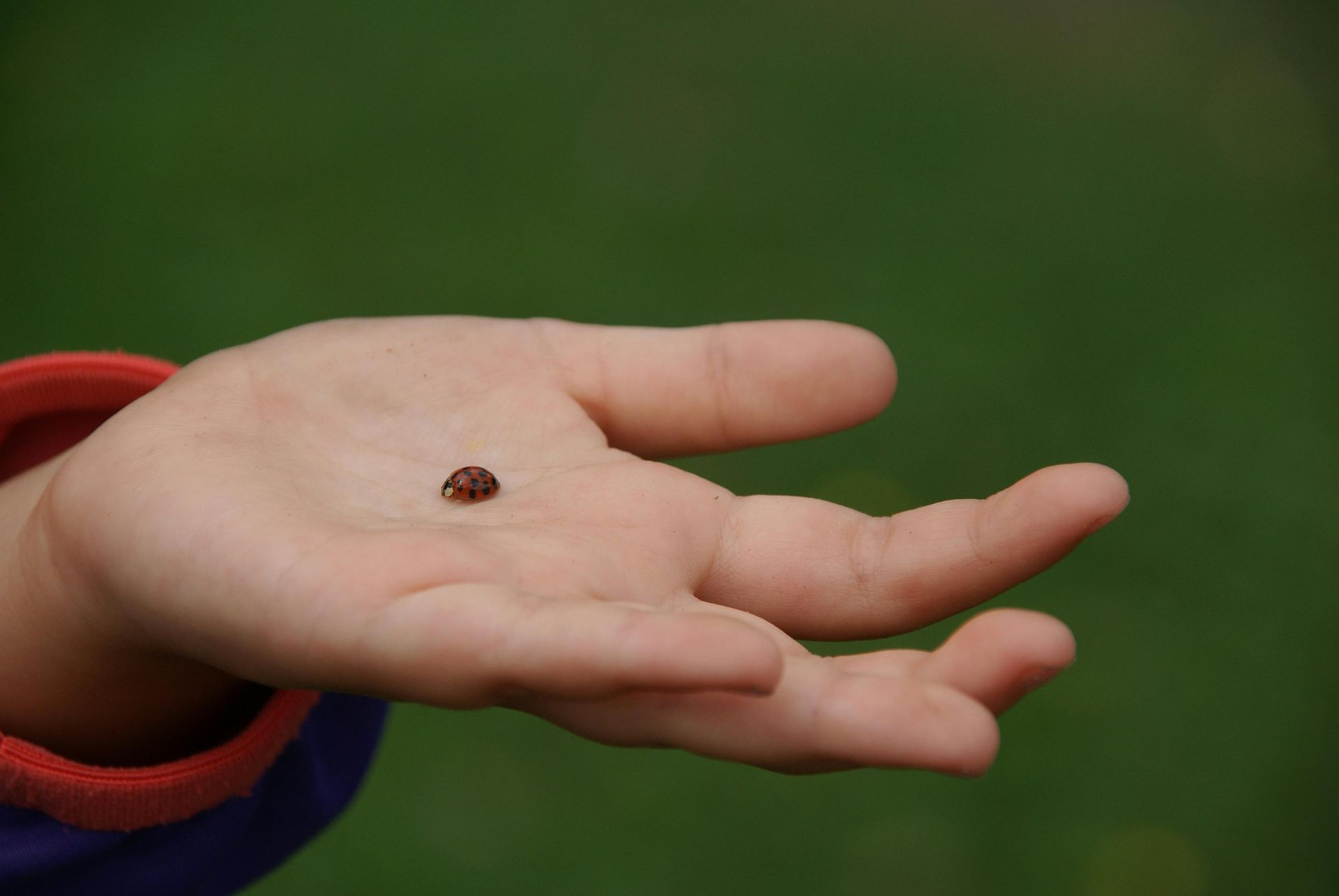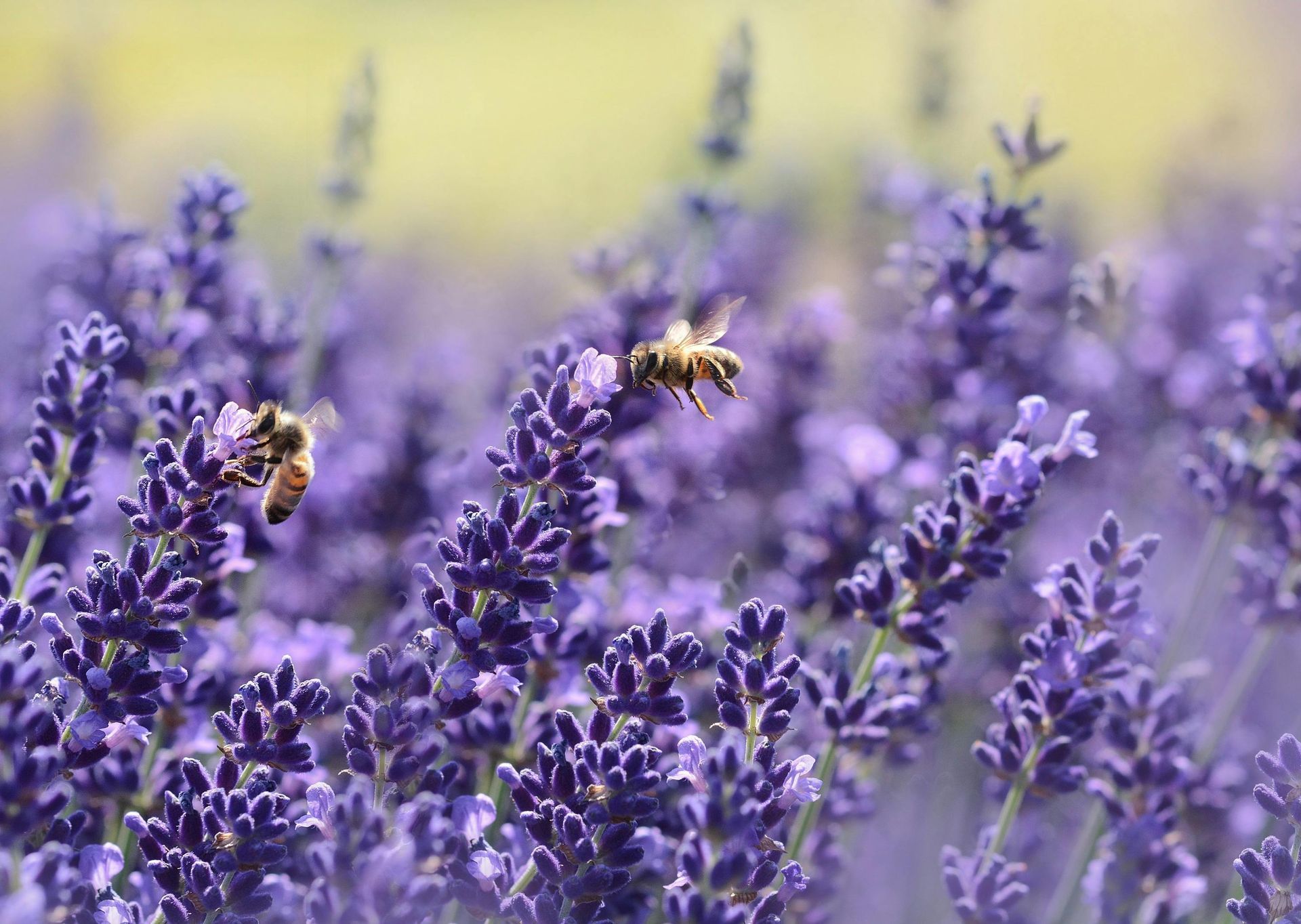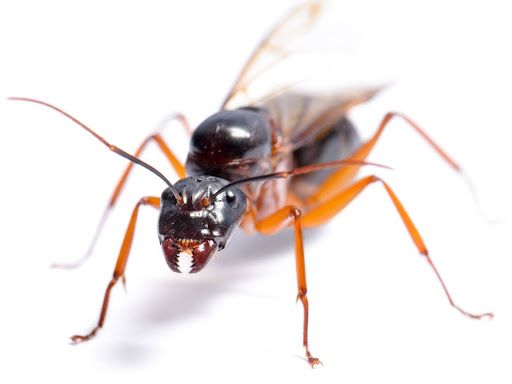Slugs and Snails: Tips for Protecting Your Garden from These Slimy Pests
Gardeners around the world often encounter slugs and snails, two slimy pests that can wreak havoc on a variety of plants, including vegetables, flowers, and ornamentals. These mollusks are particularly active during wet and humid conditions, making them a common challenge for gardeners in many climates. We will discuss tips for protecting your garden from slugs and snails, ensuring a healthier and more productive growing space.
Remove Attractive Habitats
Slugs and snails prefer dark, damp places to hide during the day, such as under rocks, pots, and debris. By removing these potential hiding spots, you can make your garden less attractive to these pests. Keep your garden tidy by removing fallen leaves, weeds, and other debris, and avoid using large stones or other objects as ground cover.
Introduce Natural Predators
One effective way to control slugs and snails is by introducing natural predators into your garden. Predators such as frogs, toads, birds, and ground beetles can help keep these pests in check. Provide suitable habitats for these creatures, such as shallow dishes of water for birds to bathe in, and rock piles or logs for frogs and toads to hide in.
Use Barrier Methods
Creating physical barriers around your plants can help deter slugs and snails from reaching them. Some common barrier methods include:
Copper tape: Apply copper tape around the base of pots or raised beds. The copper creates a mild electric charge when touched by slugs and snails, discouraging them from crossing the barrier.- Crushed eggshells or sharp grit: Spread a layer of crushed eggshells or sharp grit around your plants. The sharp edges make it uncomfortable for slugs and snails to crawl over.
- Diatomaceous earth: Sprinkle food-grade diatomaceous earth around the base of your plants. The tiny, sharp particles can damage the soft bodies of slugs and snails, making it an effective deterrent.
Set Traps
Trapping slugs and snails can be an effective method of controlling their populations in your garden. Some common traps include:
Beer traps: Bury a shallow container, such as a yogurt cup, in the ground and fill it with beer. The slugs and snails are attracted to the smell of the yeast and will crawl into the container and drown.- Grapefruit or melon traps: Place a grapefruit or melon rind upside down on the ground near affected plants. Slugs and snails will be attracted to the moist environment and can be collected and disposed of in the morning.
Apply Organic Slug and Snail Control Products
There are several organic slug and snail control products available that can help protect your plants without causing harm to beneficial insects or the environment. Some popular options include:
Nematodes: Apply microscopic nematodes to your soil, which will seek out and infect slugs with a bacteria that kills them.- Iron phosphate pellets: Scatter iron phosphate pellets around your garden. These pellets are safe for pets and wildlife but are toxic to slugs and snails when ingested.
Protecting your garden from slugs and snails requires a combination of preventative measures,
natural deterrents, and targeted control methods. By implementing these tips, you can create a more resilient garden that can better withstand the challenges posed by these slimy pests. Remember, achieving a healthy and productive garden is an ongoing process, and it's essential to remain vigilant in your efforts to keep slugs and snails at bay.




